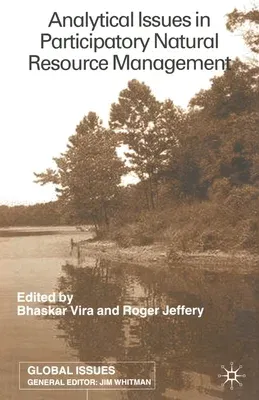Analytical Issues in Participatory Natural Resources (2001)Paperback - 2001, 1 January 2001

Qty
1
Turbo
Ships in 2 - 3 days
In Stock
Free Delivery
Cash on Delivery
15 Days
Free Returns
Secure Checkout
Part of Series
Global Issues
Part of Series
Global Issues (Palgrave MacMillan)
Print Length
245 pages
Language
English
Publisher
Palgrave MacMillan
Date Published
1 Jan 2001
ISBN-10
1349419427
ISBN-13
9781349419425
Description
Product Details
Book Edition:
2001
Book Format:
Paperback
Country of Origin:
NL
Date Published:
1 January 2001
Dimensions:
21.59 x
13.97 x
1.4 cm
Genre:
Ecology
ISBN-10:
1349419427
ISBN-13:
9781349419425
Language:
English
Location:
London
Pages:
245
Publisher:
Weight:
303.91 gm

